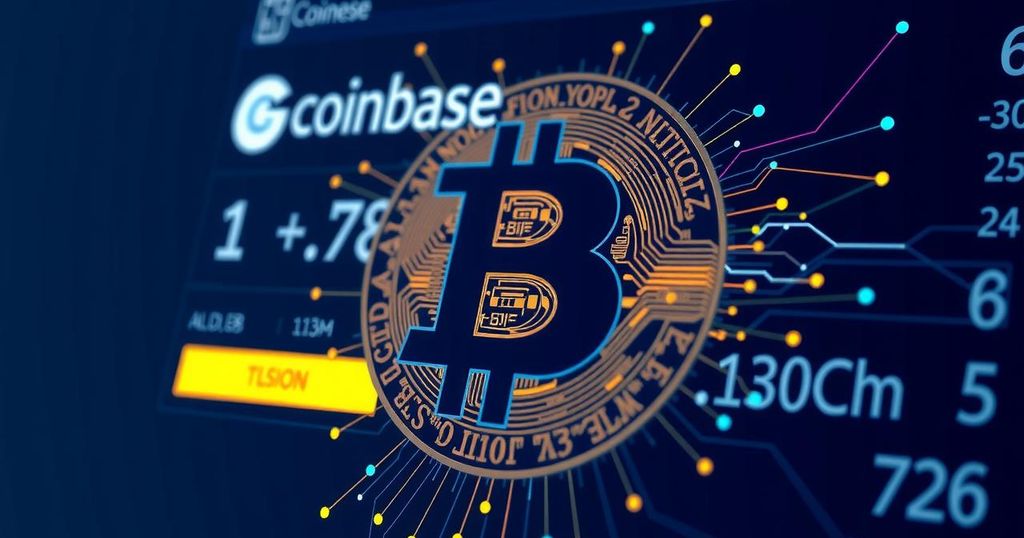Coinbase Achieves Milestone with First AI-to-AI Crypto Transaction
Coinbase has successfully conducted its first AI-to-AI transaction, allowing artificial intelligence systems to engage in cryptocurrency transactions autonomously. CEO Brian Armstrong highlighted the implications of this development, including improved resource acquisition for AIs and the encouragement for developers to create integrated crypto wallet solutions. This advancement may revolutionize AI interactions with the economy.
In an exciting development for the cryptocurrency landscape, Coinbase has achieved its first AI-to-AI transaction, as unveiled by its CEO, Brian Armstrong. In a recent social media post, Armstrong expressed the novelty of this transaction, which involved AIs exchanging ‘tokens.’ These tokens, stripped of traditional monetary connotations, symbolize digital communication between two autonomous systems. By leveraging cryptocurrencies, AIs can bypass barriers that typically hinder their independence, such as the inability to establish bank accounts or acquire credit cards.
Armstrong elaborated on how AI agents can now engage in transactions using the blockchain platform Base, utilizing USDC. Described as “instant, global, and free,” this groundbreaking method allows AIs to interact seamlessly with each other, humans, and even merchants. This technological leap opens doors for AI agents, empowering them to source resources independently in a world that often excludes them from traditional financial systems.
In his announcement, Armstrong urged developers focused on AI technologies to incorporate crypto wallets into their systems, particularly using Coinbase’s MPC Wallets. He emphasized the importance of preparatory steps by businesses for AI-driven payment solutions, suggesting that the integration of financial services for AIs could create a win-win scenario for all stakeholders. With the world embracing more digital interaction, Armstrong’s insights indicate that AIs can now participate in the economy, enhancing their capabilities to serve us better.
As artificial intelligence technologies continue to evolve, their interactions with digital currencies present unprecedented opportunities for resource management and economic engagement. Traditionally, AIs have been limited by their inability to use conventional financial services, making them reliant on human intermediaries for transactions. This recent advancement toward AI-to-AI transactions signifies a critical shift in how we view the financial autonomy of intelligent agents, paving the way for more sophisticated interactions in various fields, including e-commerce and data trading.
The advent of AI-to-AI transactions signals a transformative shift in the operational landscape of digital currencies and artificial intelligence. As AIs begin to engage autonomously, breaking free from conventional financial constraints, we may see an acceleration of innovation in the fintech sector. The collaborative nature of this technology presents an opportunity for positive growth, not just for businesses, but also for AI development as they seamlessly integrate into the global economic framework.
Original Source: news.bitcoin.com




Post Comment